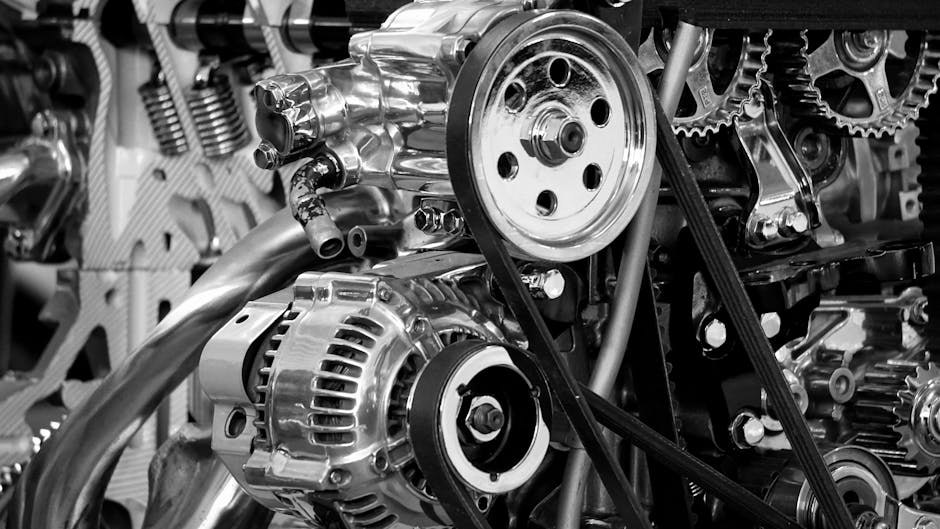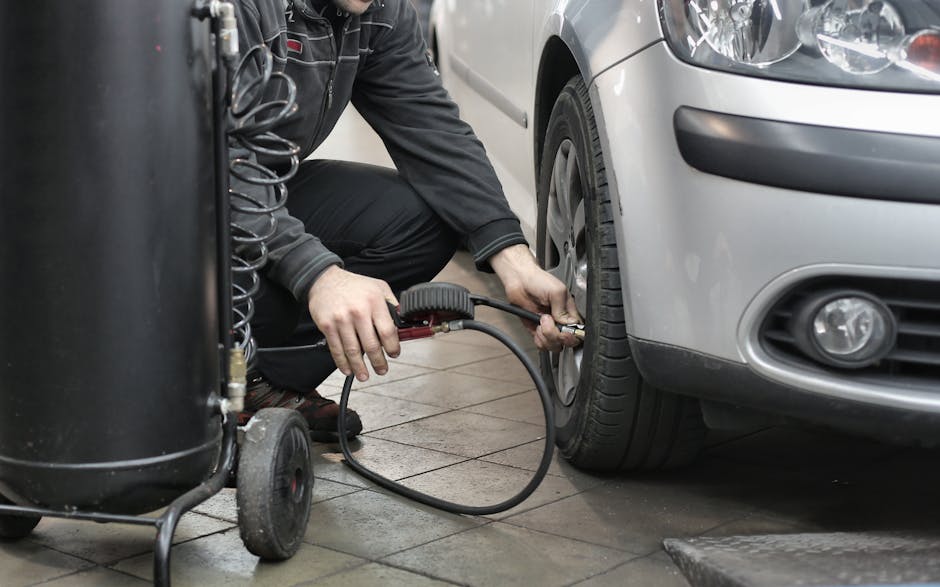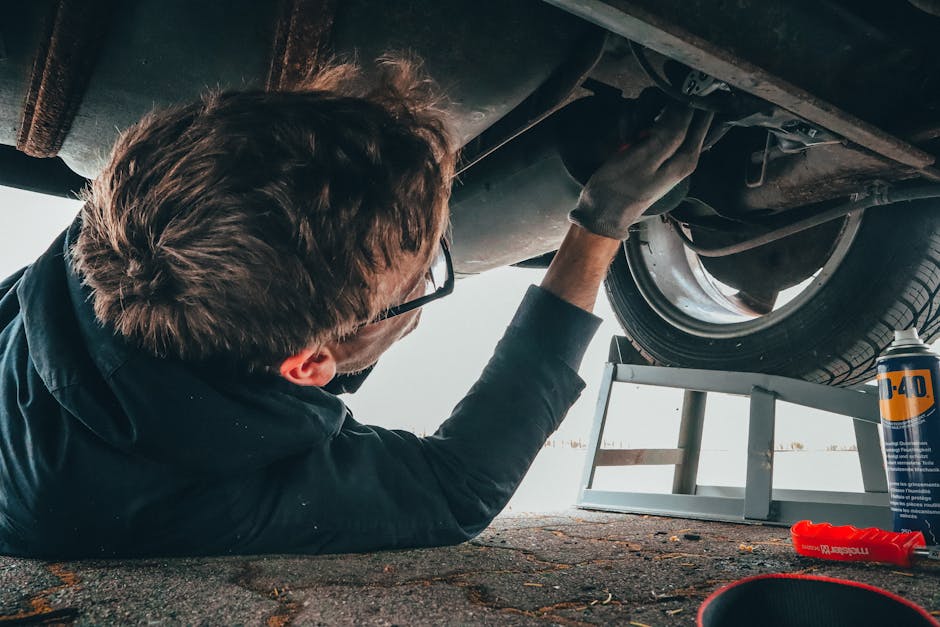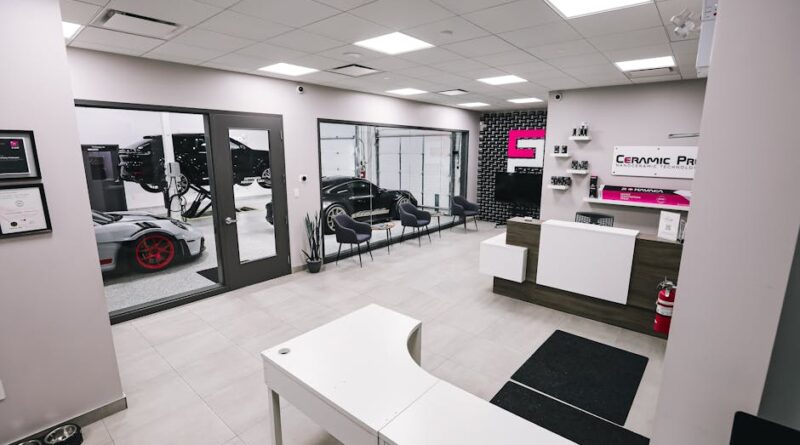The Importance of Certifications in Auto Repair
Have you ever wondered what makes one auto repair shop stand out from another? It often comes down to certifications. These credentials signal to customers that a mechanic is skilled and trustworthy. In this article, well dive into why certifications are crucial in auto repair, how they benefit both mechanics and customers, and what you should look for when choosing a repair shop.
What Are Auto Repair Certifications?

Auto repair certifications are official acknowledgments that a mechanic or a shop has met certain standards. Think of them as a diploma for car repair. Just like you wouldn’t hire someone without a degree for a specialized job, you shouldn’t trust your car to someone without the right certifications.
Common certifications include:
- ASE (Automotive Service Excellence)
- OEM (Original Equipment Manufacturer) certifications
- State licenses for auto repair
Why Are Certifications Important?

Certifications ensure that mechanics have the knowledge and skills needed to repair your vehicle. They also promote best practices in the industry. Here are a few key reasons why they matter:
- Quality Assurance: Certifications mean that mechanics have undergone rigorous training and testing.
- Consumer Trust: When you see a certification, you know the mechanic is committed to their craft.
- Up-to-Date Knowledge: Mechanics often need to renew their certifications, keeping them current with the latest technologies and standards.
How Do Certifications Benefit Mechanics?

Certifications are not just good for customers; they also help mechanics. Heres how:
- Higher Earning Potential: Certified mechanics often command higher wages.
- Job Security: With certifications, mechanics are often in high demand.
- Professional Development: Ongoing education helps mechanics learn new technologies and repair techniques.
What Should You Look for in a Certified Auto Repair Shop?

When choosing a repair shop, look for the following:
- Visible Certifications: A good shop will display it’s certifications prominently.
- Positive Reviews: Check online reviews to see what past customers say.
- Specialization: Some shops specialize in specific brands or types of vehicles, so make sure they know your car.
Are All Certifications Created Equal?
No, not all certifications hold the same weight. Some are more recognized than others. For example, ASE certifications are widely respected in the auto repair industry.
Make sure to ask questions about any certifications you see:
- What does the certification involve?
- How often do they need to be renewed?
- What specific skills does the certification cover?
Does Certification Guarantee Quality Service?
While certifications are important, they don’t guarantee perfect service every time. Many factors affect the quality of repairs, including:
- The shops reputation
- The experience of the staff
- Customer service practices
Always do your homework. A certified mechanic can still provide poor service if they lack experience or don’t care about their work.
How Can You Verify a Mechanic’s Certification?
Verifying a mechanic’s certifications is easier than you might think. Most certifying organizations have online databases where you can check a mechanics credentials. For example, you can verify ASE certifications on the ASE website.
Additionally, don’t hesitate to ask the shop directly. A reputable shop will gladly provide proof of their technicians’ certifications.
Are Certifications Necessary for Every Repair Shop?
While not every auto repair shop requires certifications, they are highly recommended. Some small, local businesses may not have certified staff, yet they can still provide excellent service. However, if you want peace of mind, it’s wise to choose a shop with certified mechanics.
Common Misconceptions About Auto Repair Certifications
Many people have misconceptions about what certifications mean. Here are a few clarifications:
- All mechanics are the same. Not true! Certified mechanics have proven their skills.
- Certifications are only for new mechanics. Experienced mechanics also need ongoing education and certification renewals.
- Price is the only thing that matters. Quality repairs are worth the investment. Certifications can help ensure quality.
What Statistics Support the Value of Certifications?
Research shows that certified mechanics perform better in various aspects:
- A study found that shops with certified technicians had a 30% lower rate of comebacks (repairs done twice).
- Another survey revealed that 85% of customers trust certified shops more than non-certified ones.
Conclusion: Take Action for Peace of Mind
In conclusion, certifications play a vital role in the auto repair industry. They offer assurance of quality, boost a mechanic’s career, and help consumers make informed choices. Next time you need repairs, look for certified mechanics. Your car and your wallet will thank you!
For more insights on car maintenance and repair, check out our article on Essential Car Maintenance Tips.



